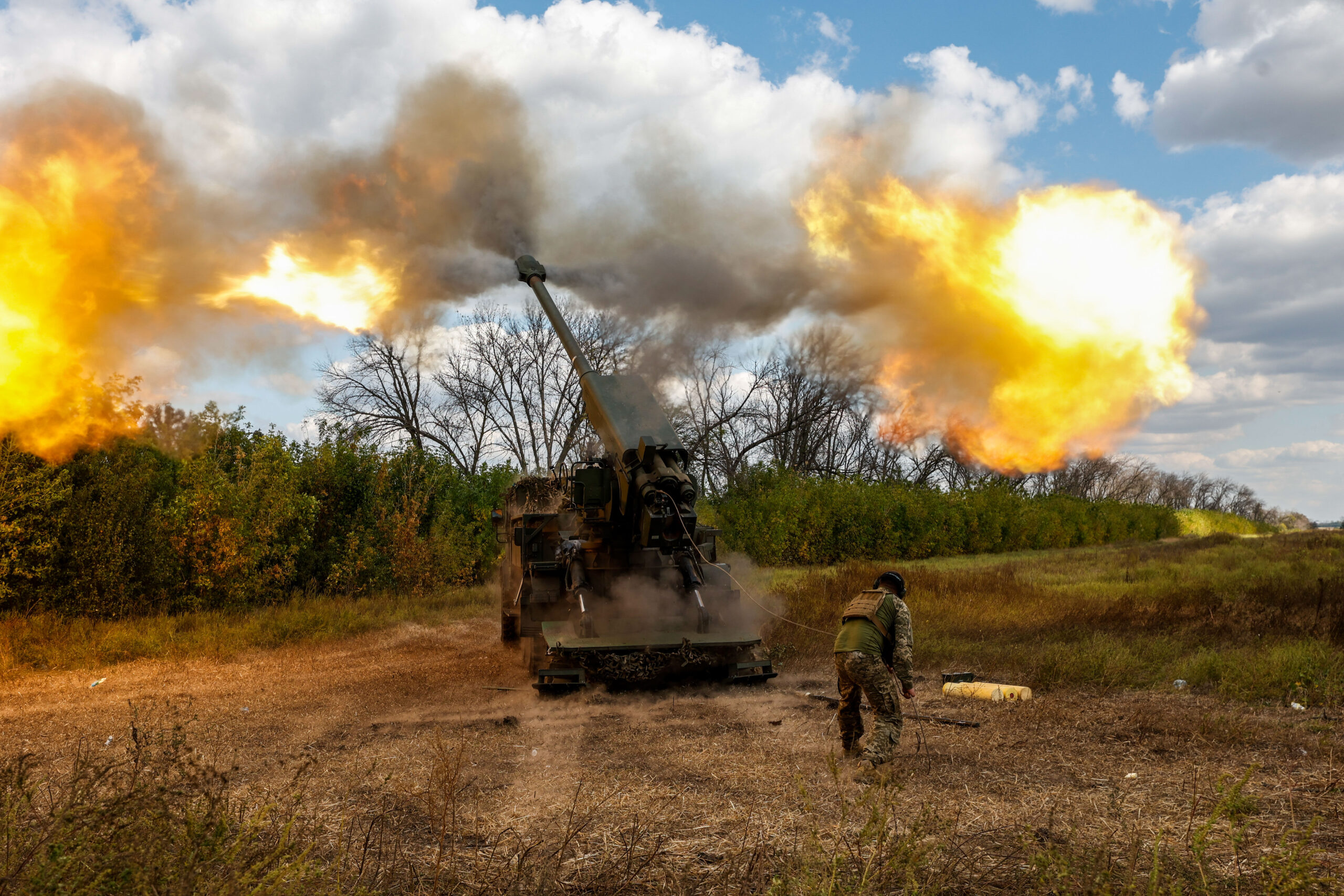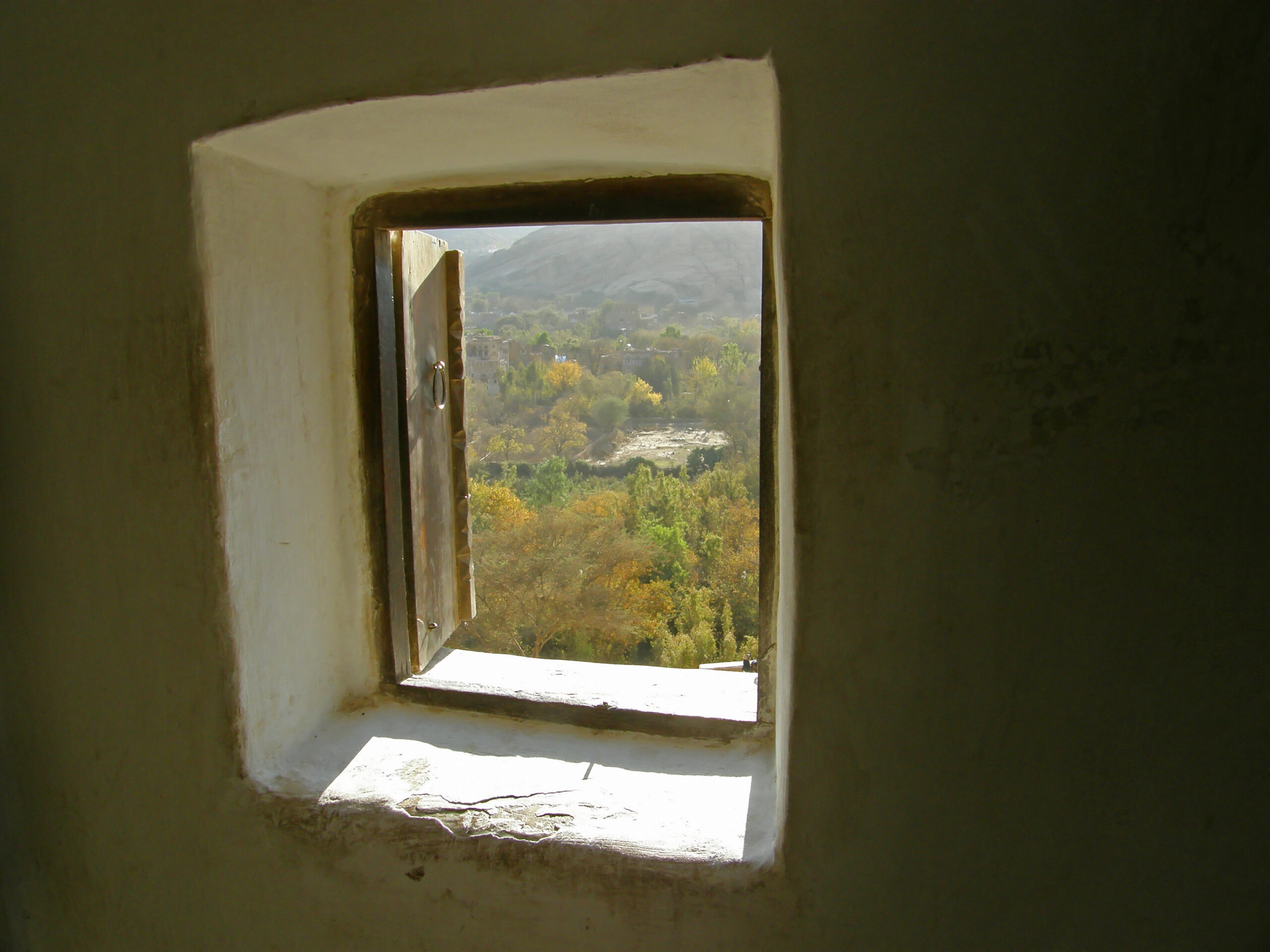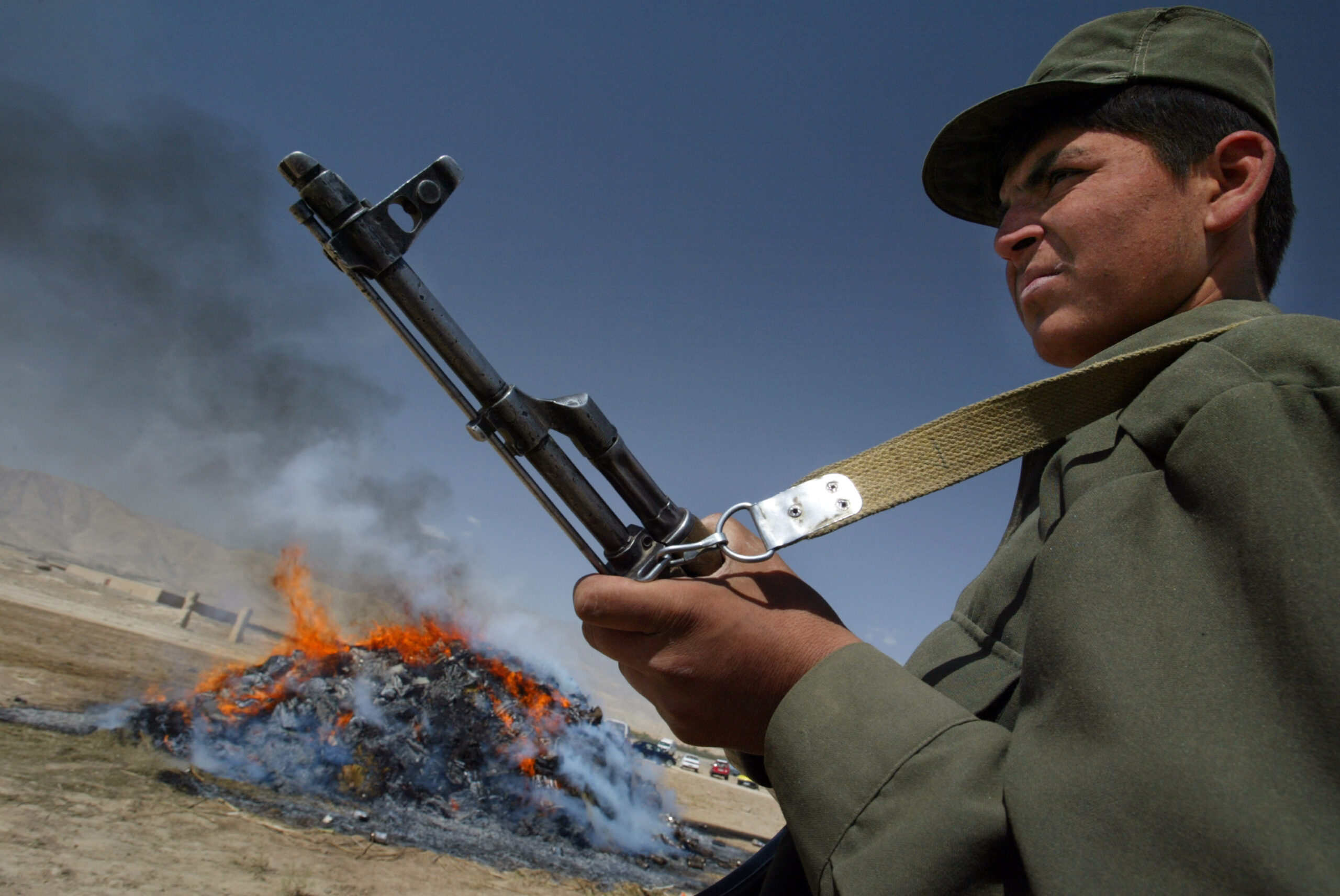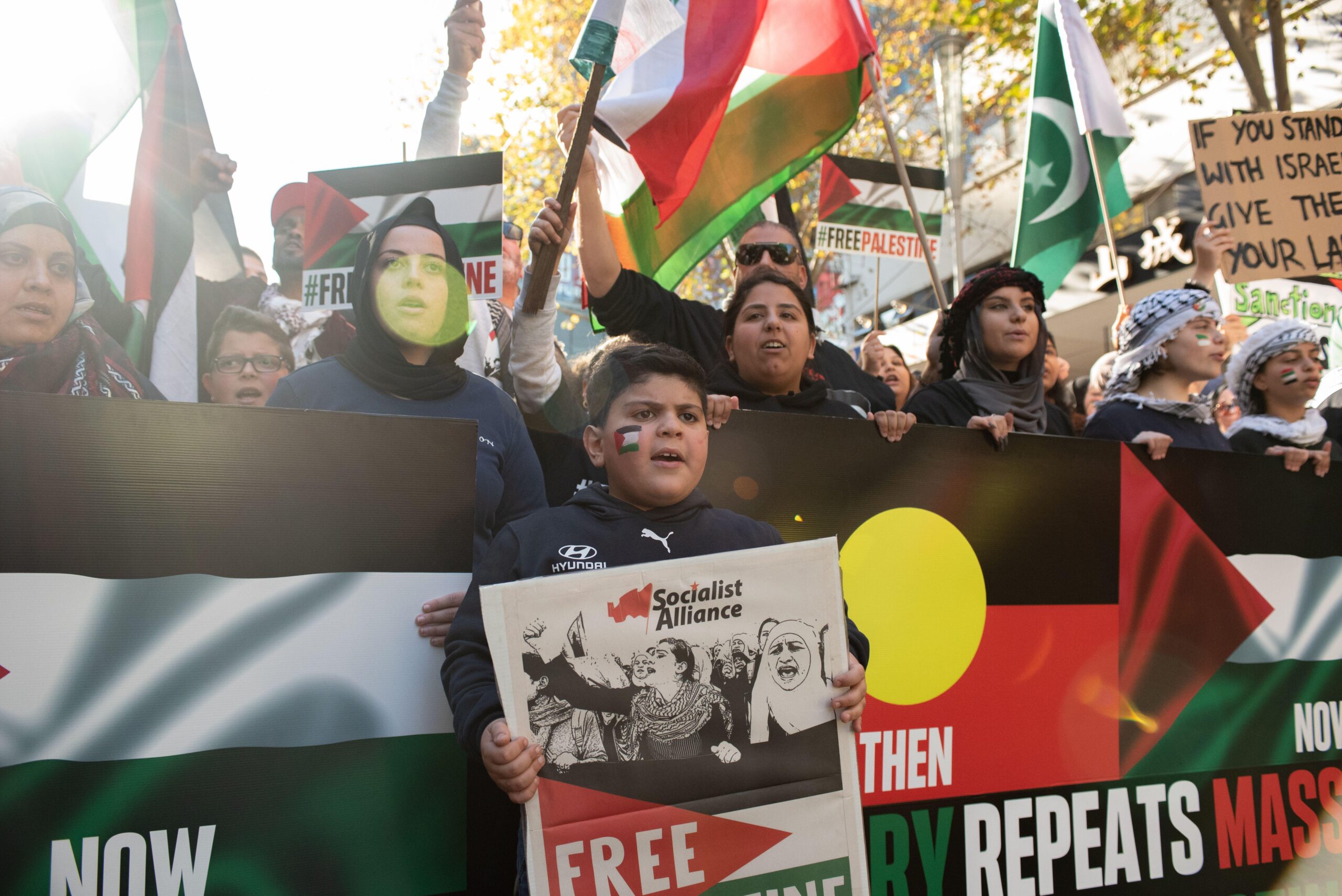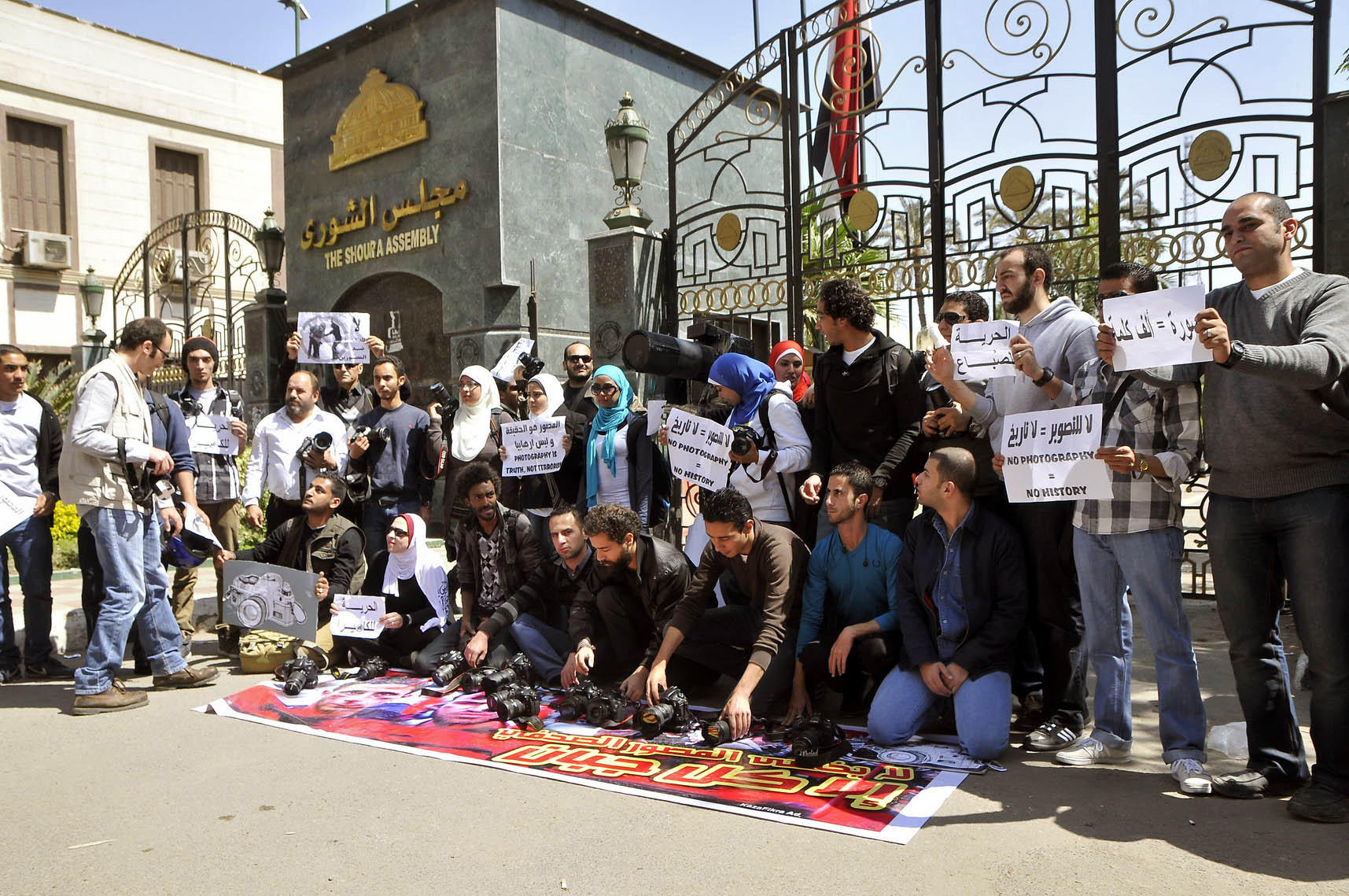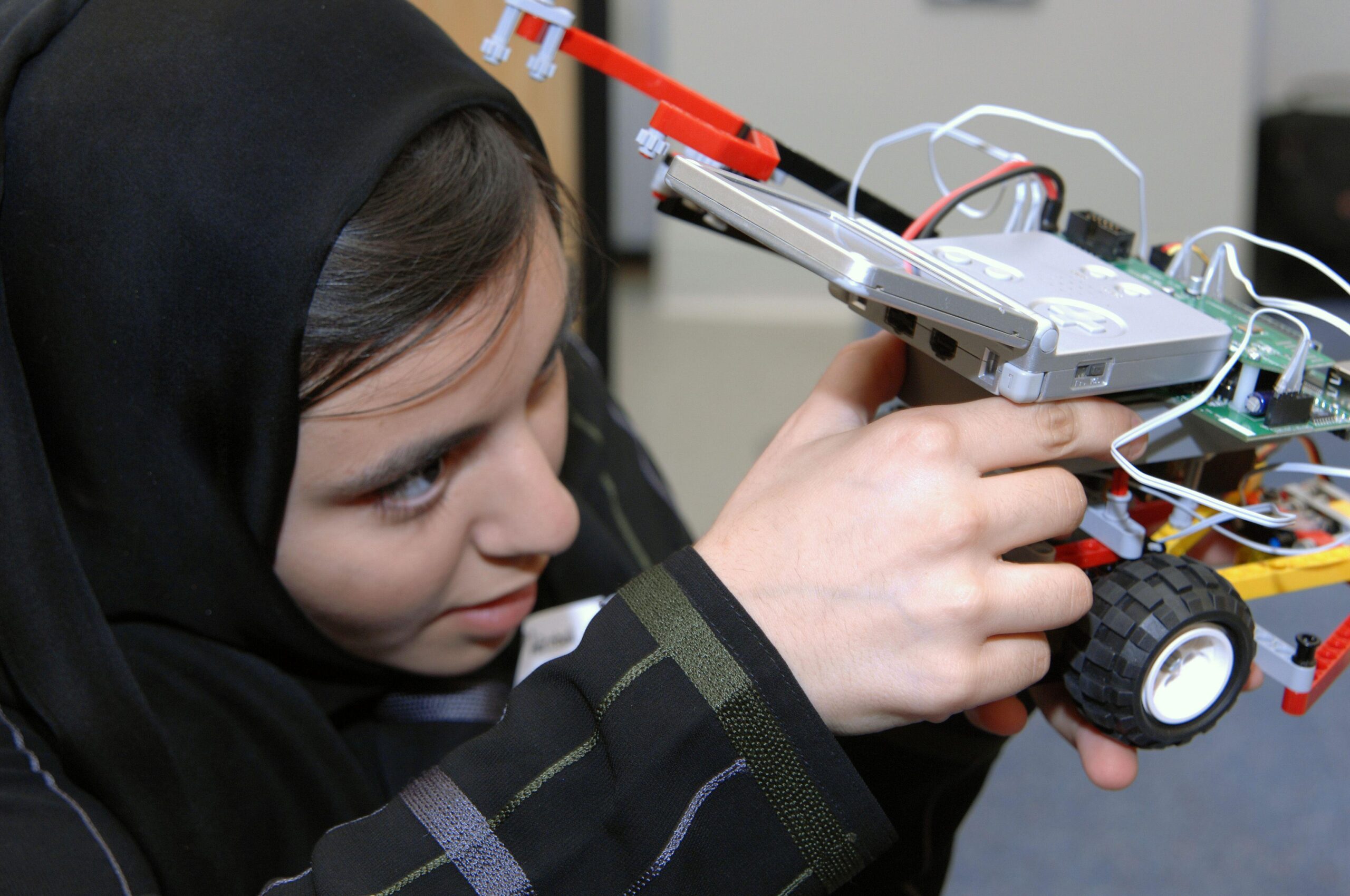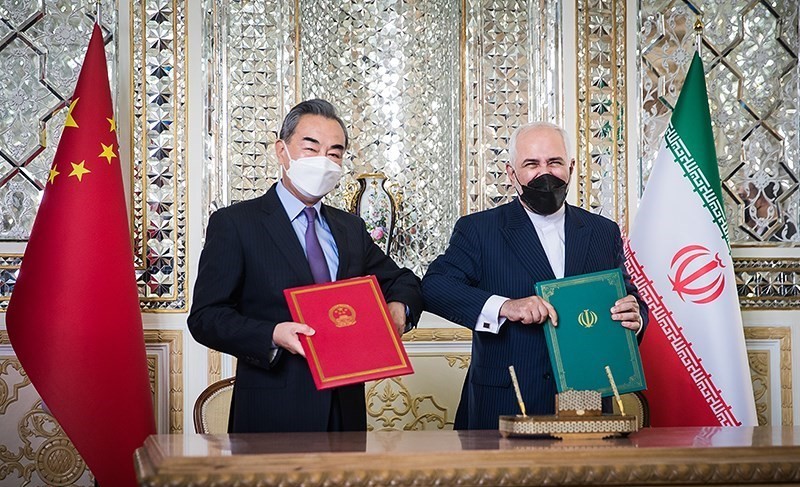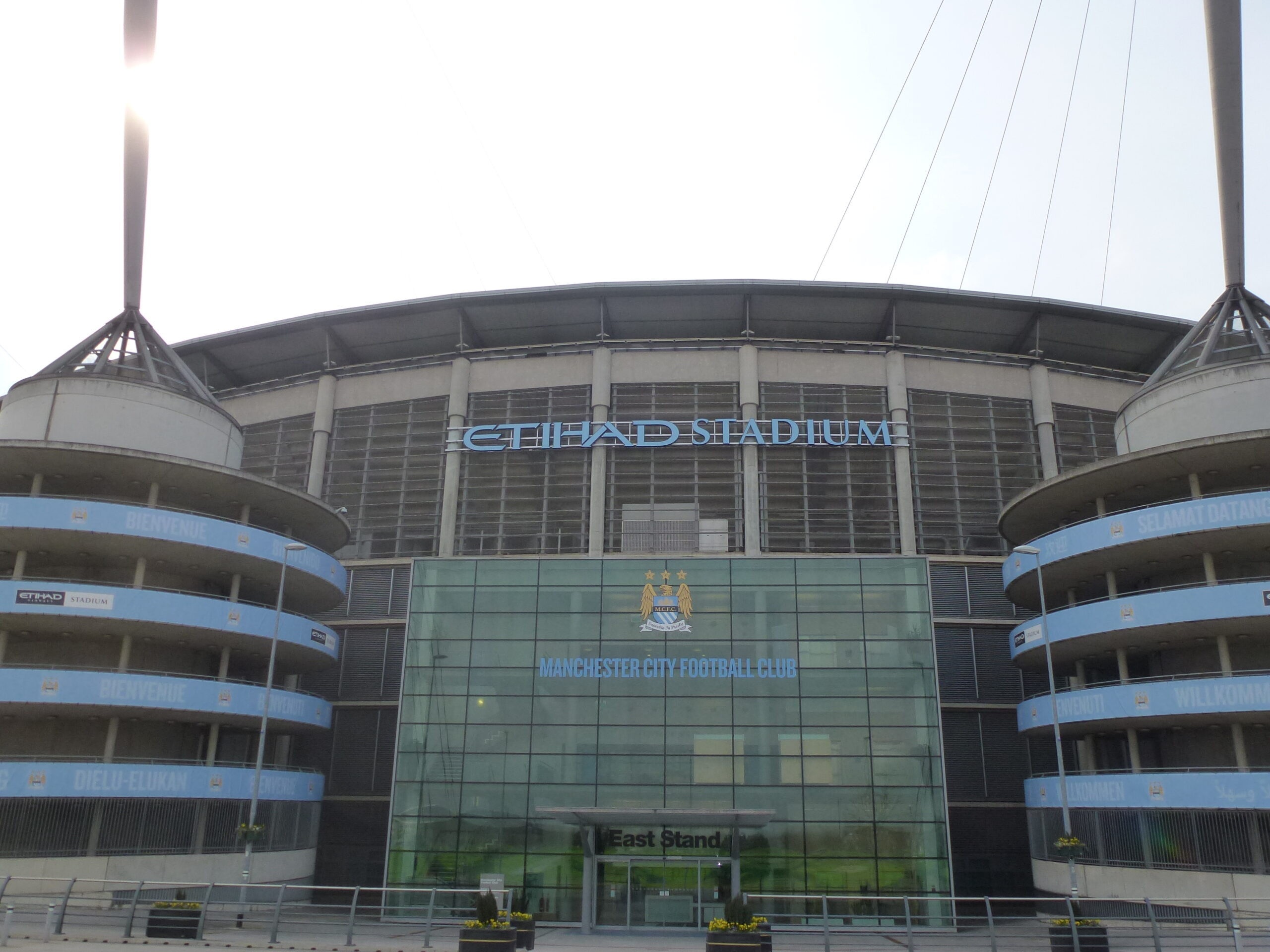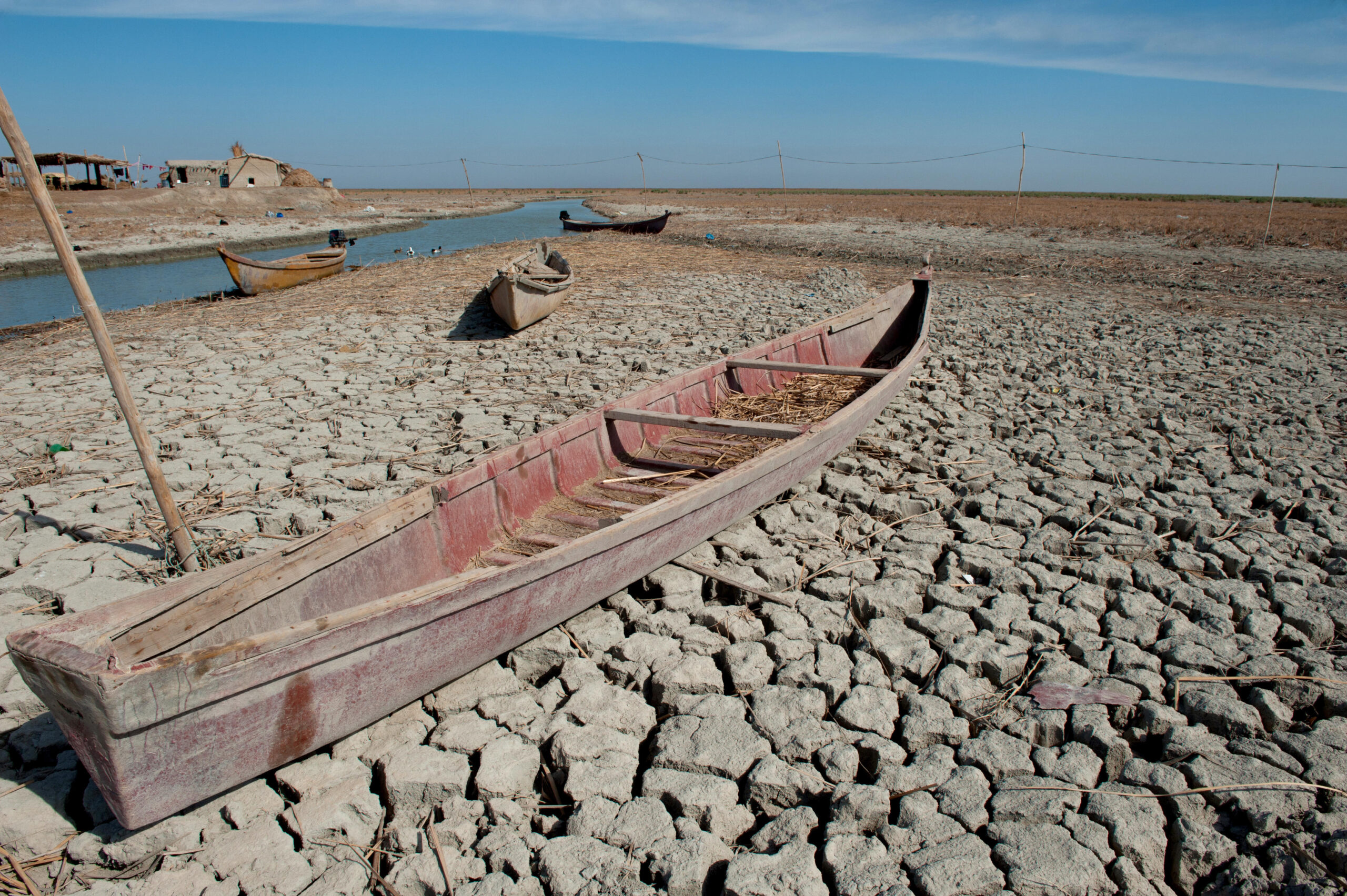-
The Language of Landscapes in Palestine and Australia
Earlier this year, in a meeting with Israeli Prime Minister Benjamin Netanyahu, US President Donald Trump asserted the US would not only take over Gaza but transform it into what he described as the ‘Riviera of the Middle East’. His comments have been roundly criticised as tantamount to a violation of the Geneva convention, which…
/
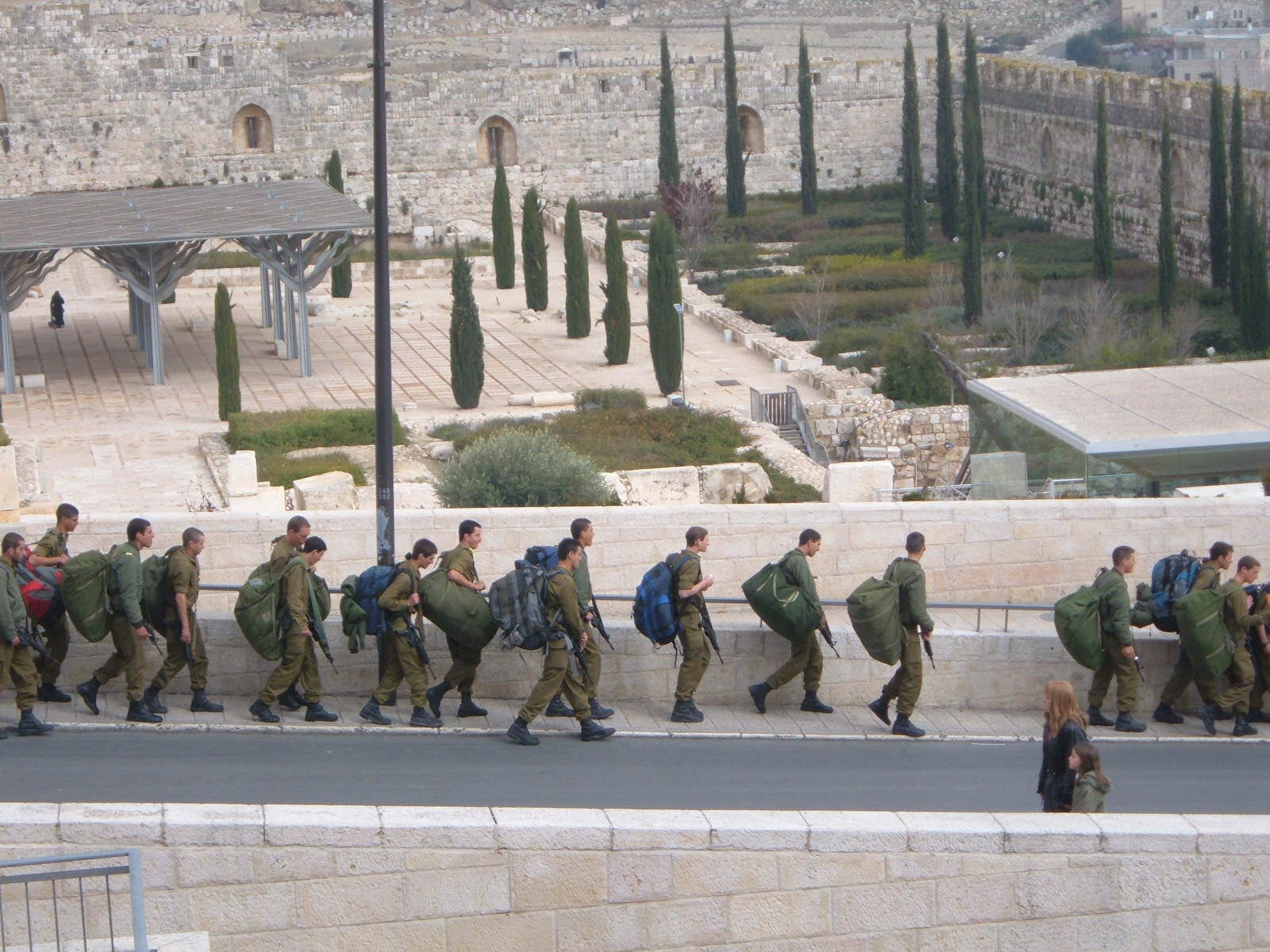
-

Hope and risk in Qatar’s investment environment
Launched in June 2017, the so-called ‘blockade’ of Qatar by the ‘Anti-Terror Quartet’—comprising Saudi Arabia, the United Arab Emirates, Bahrain, and Egypt—appeared to finally come to an end on 5 January 2021. Ostensibly agreeing at the 41st annual summit of the Gulf Cooperation Council to forgo their thirteen original demands—which were mostly aimed at curtailing…
/
-
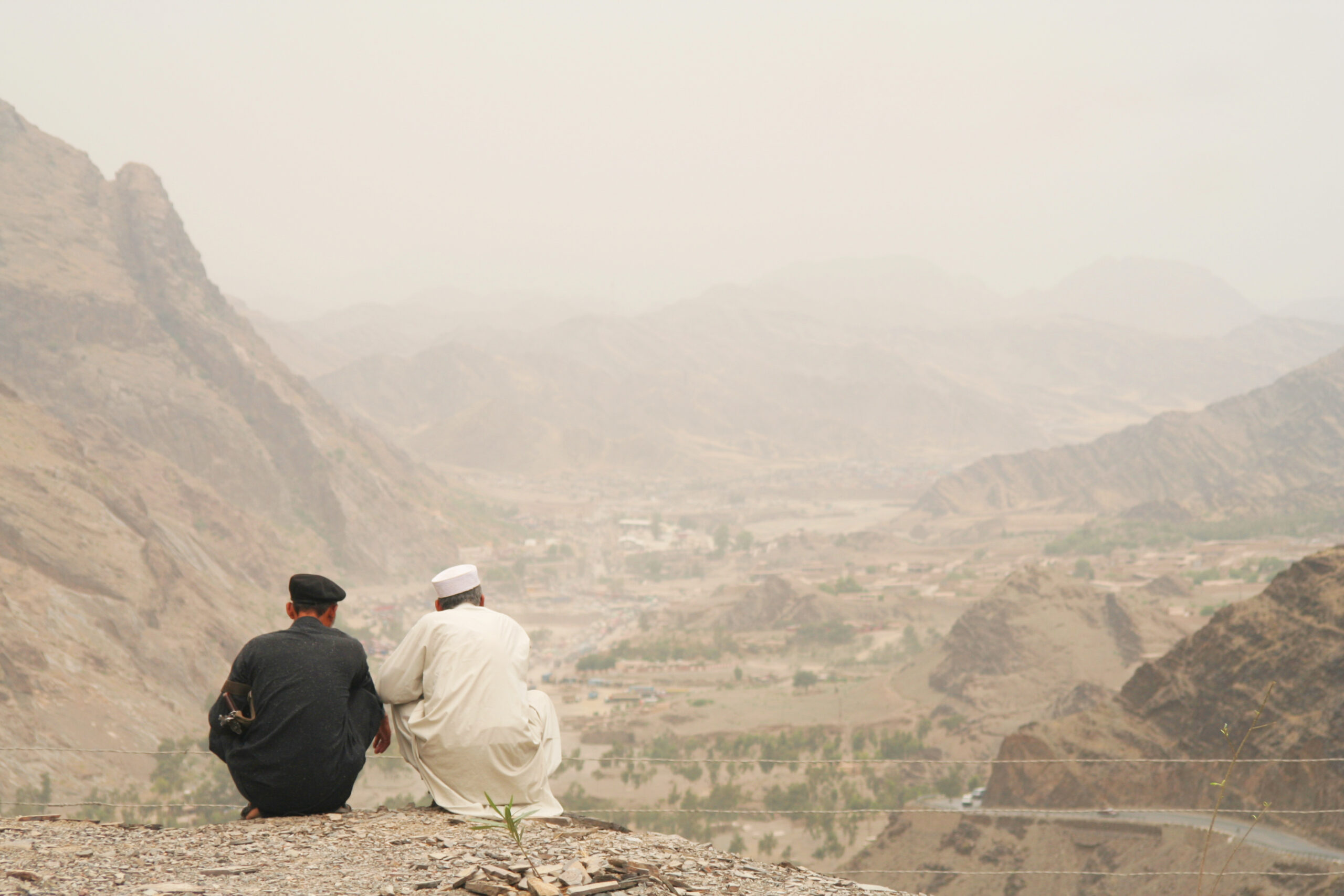
Looking south: Central Asia and Afghanistan
After nearly two decades, the current manifestation of conflict in Afghanistan may be coming to an end. The United States and representatives of the Taliban signed an agreement in February 2020 that ostensibly sets the terms for the US military departure from Afghanistan. In principle, it also creates conditions for the reconciliation negotiations between the…
/
-
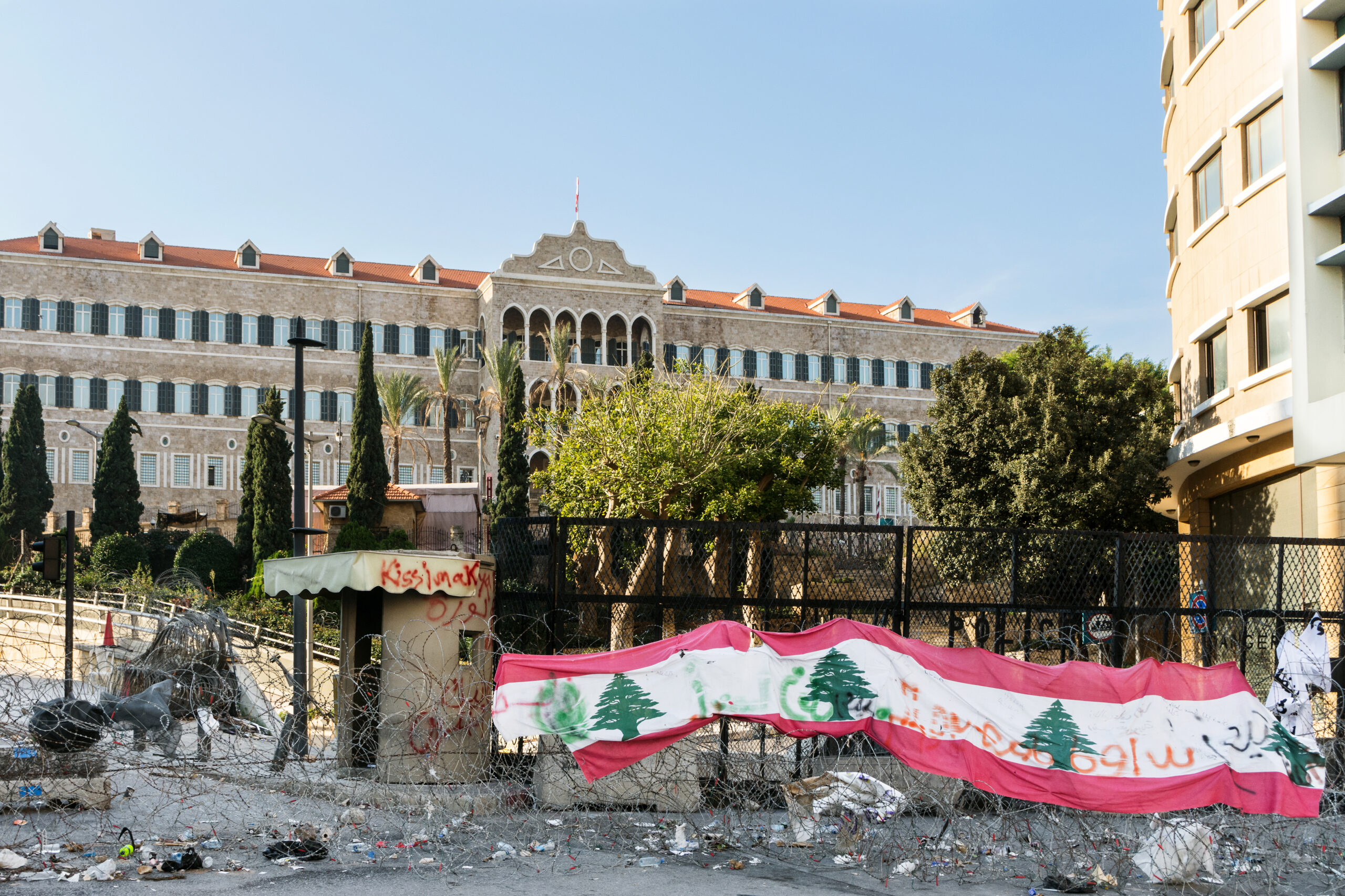
Sectarianism a la Libanaise
In a small multi-sectarian country, such as Lebanon, highlighting religious and sectarian factors appear to be the most appealing and logical explanation to political and eocnomic woes. In reality, Lebanese sectarian diversity paved the way to a ruling class that took advantage of the national economic structure to pursue its own interests, leading to the…
/
-
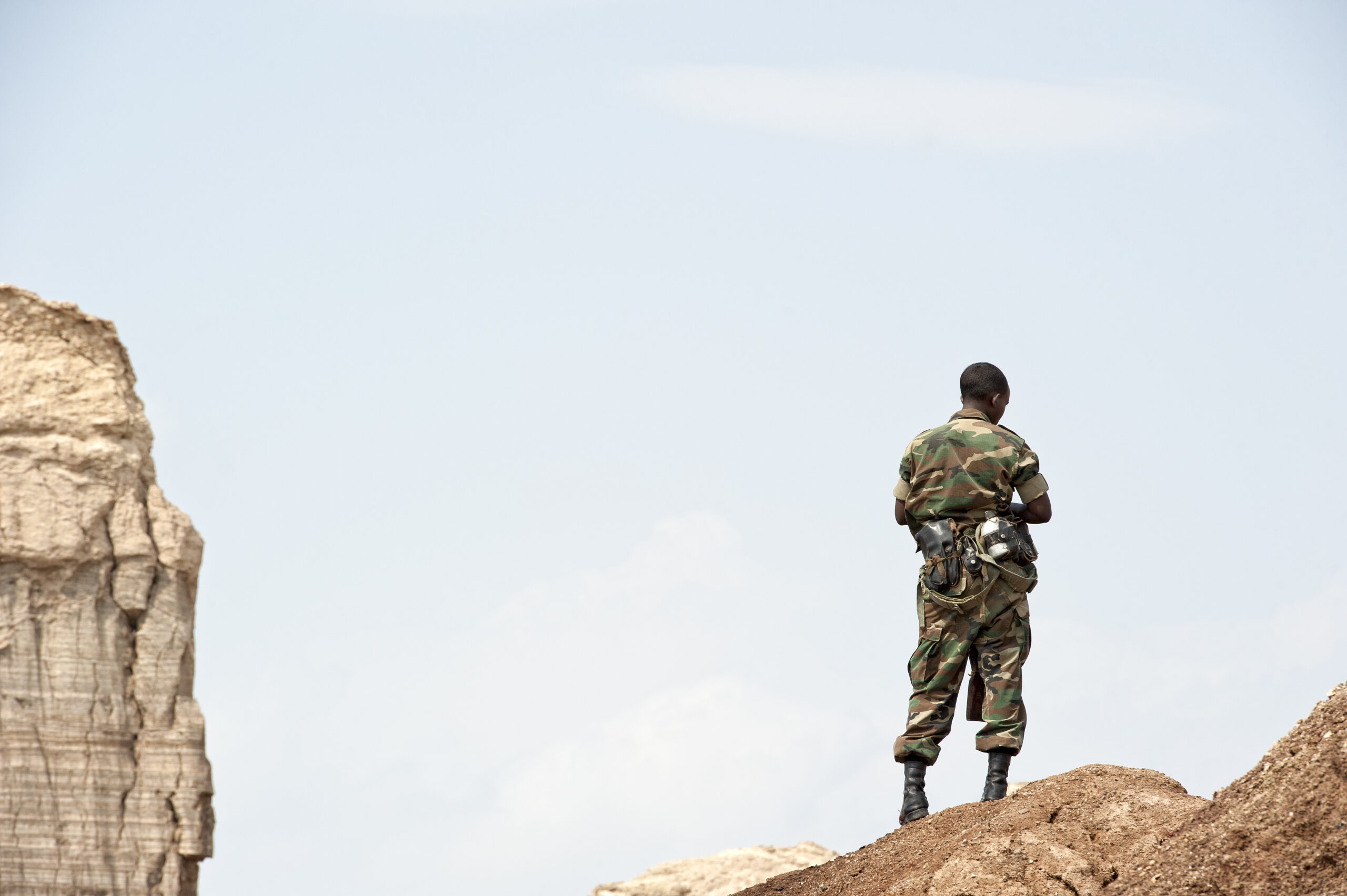
The Ethio-Sudan boundary: what’s next?
Ethiopia and Sudan share a boundary of over 1,600 km, series of negotiations and treaties between the colonial powers of Britain and Italy with the Ethiopian government. The people of Ethiopia and Sudan have had good relations for generations, but the demarcation of the boundary has remained a bone of contention between them due to…
/
-
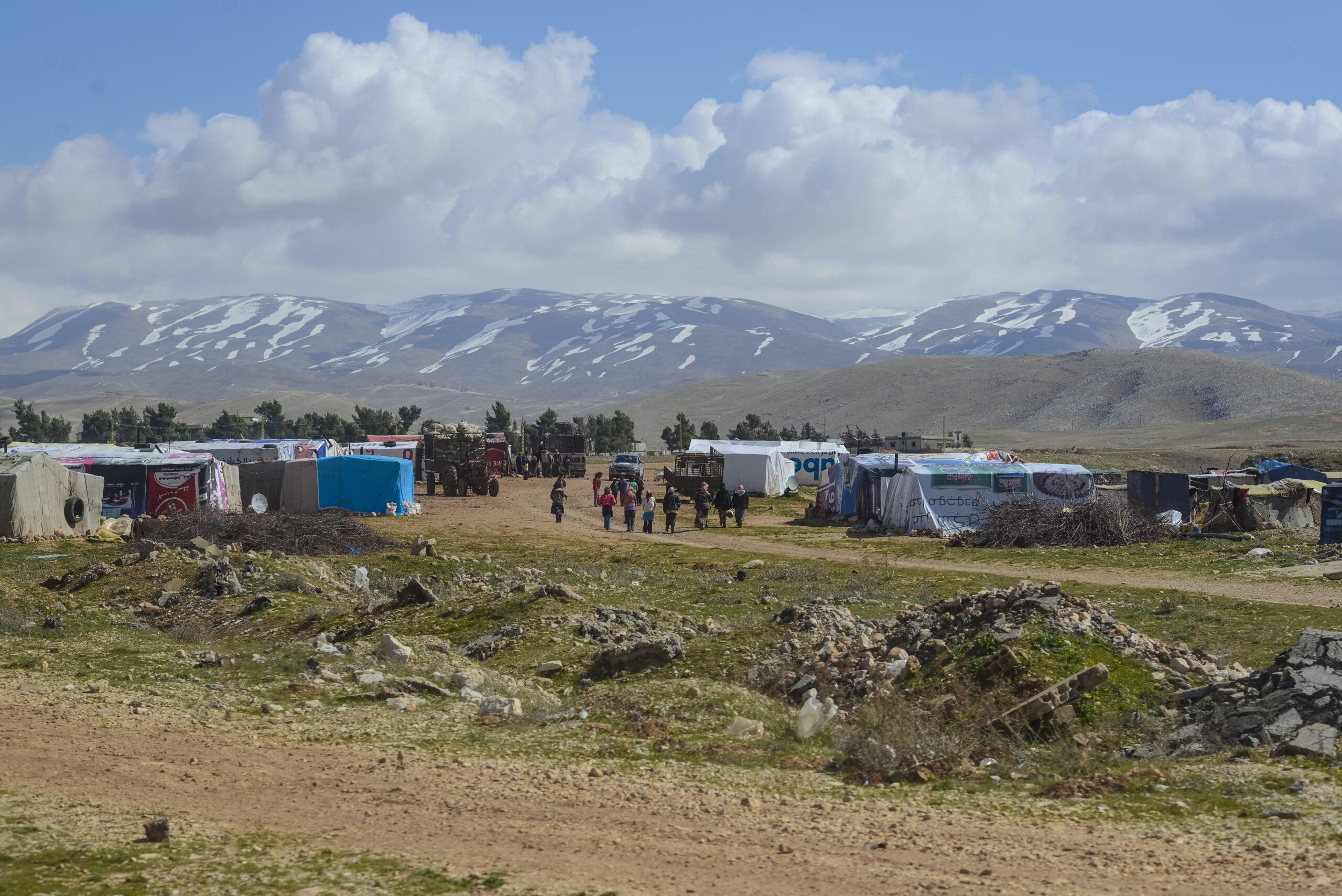
Syrians in Lebanon: A Mobility Crisis
Covid-19 stopped the motion of many around the world. A drastic decline in airline passengers grounded planes. Cars used for commuting to work sat parked with nearly full gas tanks. Demand for public transit plummeted. But for some of the one and a half million Syrians living in Lebanon, the pandemic’s exacerbation of an already…
/
-
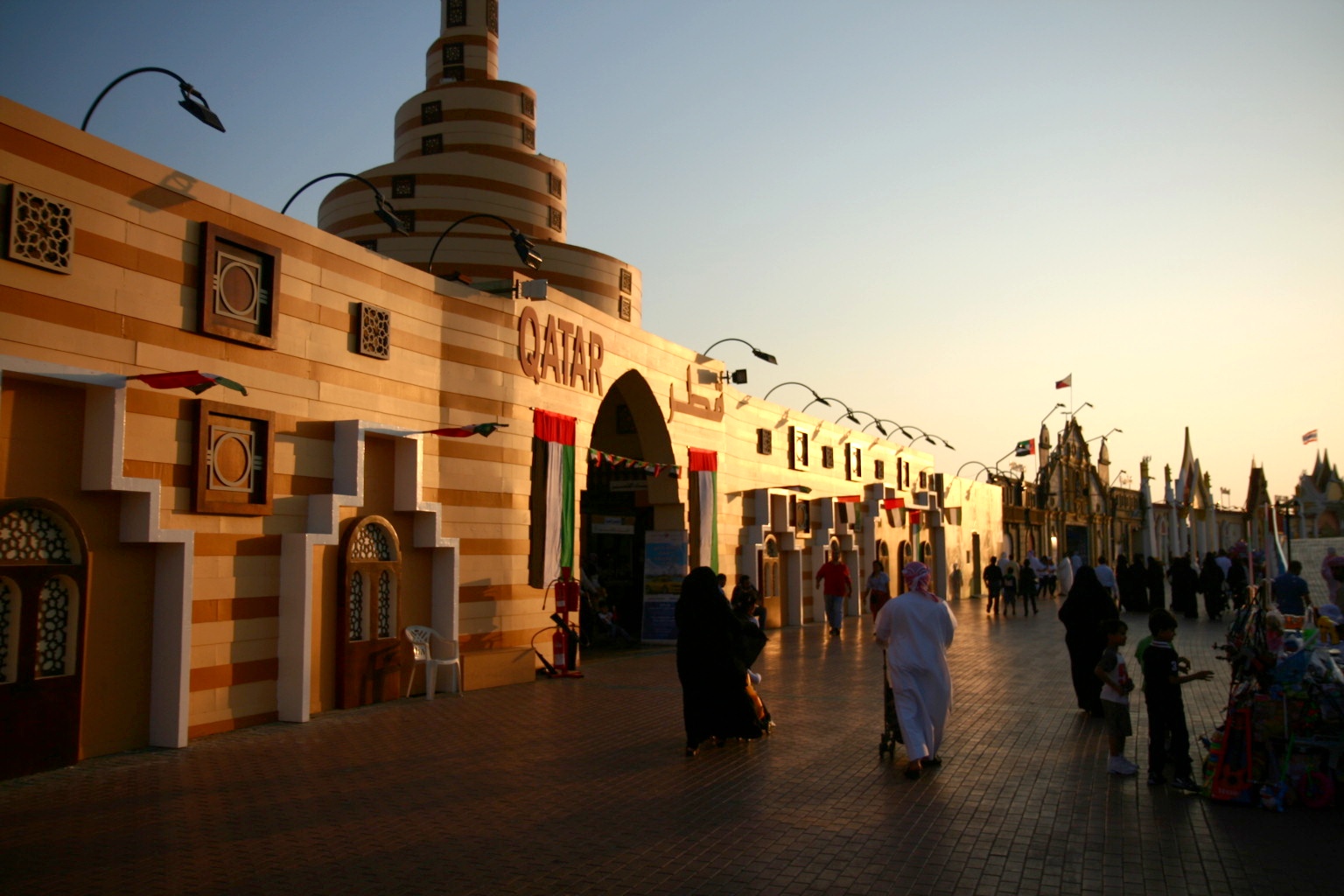
Qatar-UAE as rivals in the Horn of Africa
One effect of the rift between Qatar and its GCC neighbours Bahrain, Saudi Arabia, and the UAE has been the exportation of this division since 2017. Emirati and Saudi allies Eritrea, Comoros, Mauritania, and Senegal in the Red Sea severed diplomatic ties with Qatar at the beginning of the crisis, and cross-regional divisions only became…
/
-
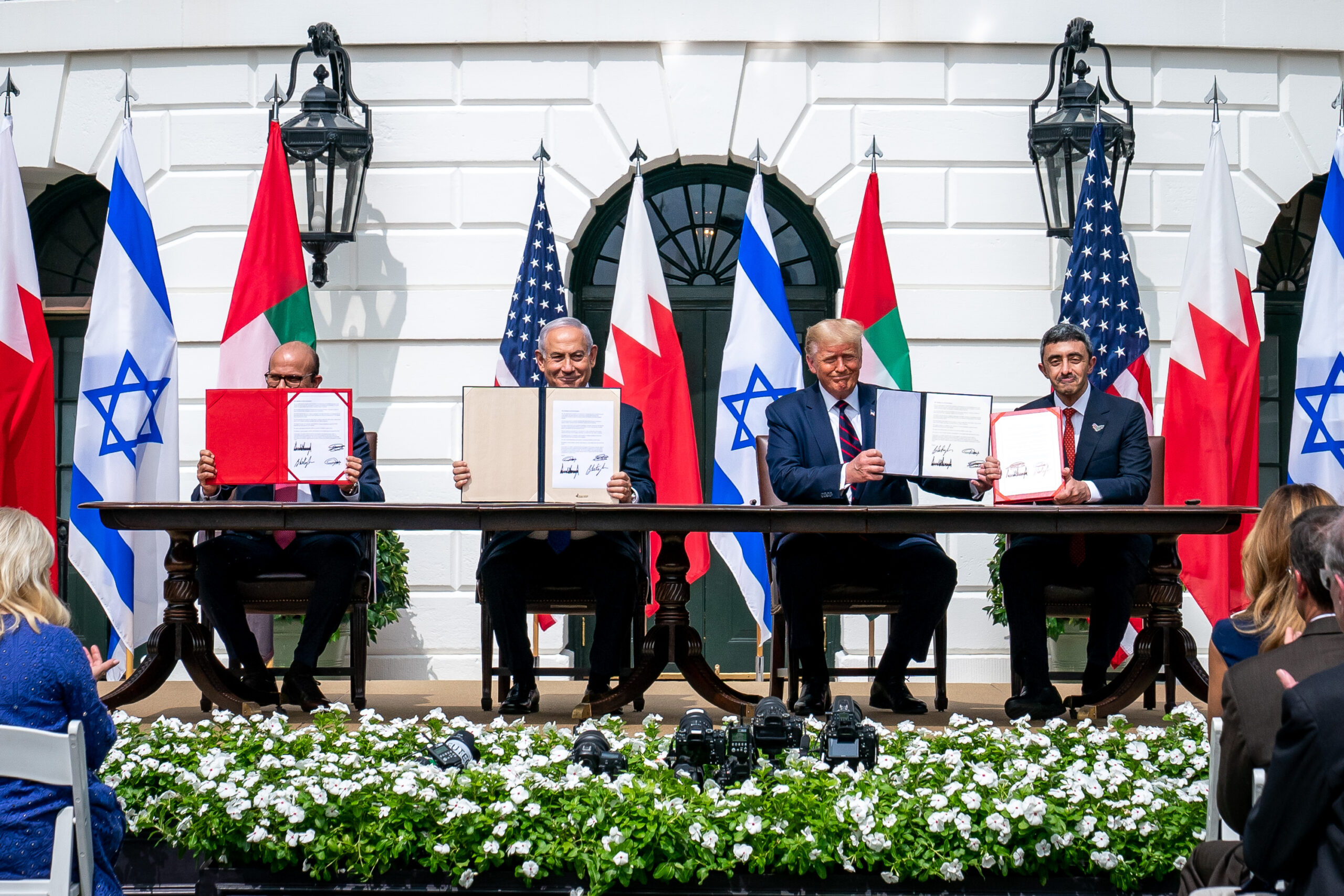
Security as strategy? Israeli Arab Gulf states alignment
A few months after the Abraham accords were signed between Israel, Bahrain and the UAE, the Pentagon announced the transfer of command oversight of Israel from the US European Command (EUCOM) to its key military command outpost in the Gulf, CENTCOM. While the transition may be seen to pave the way for an overt regional…
/
-
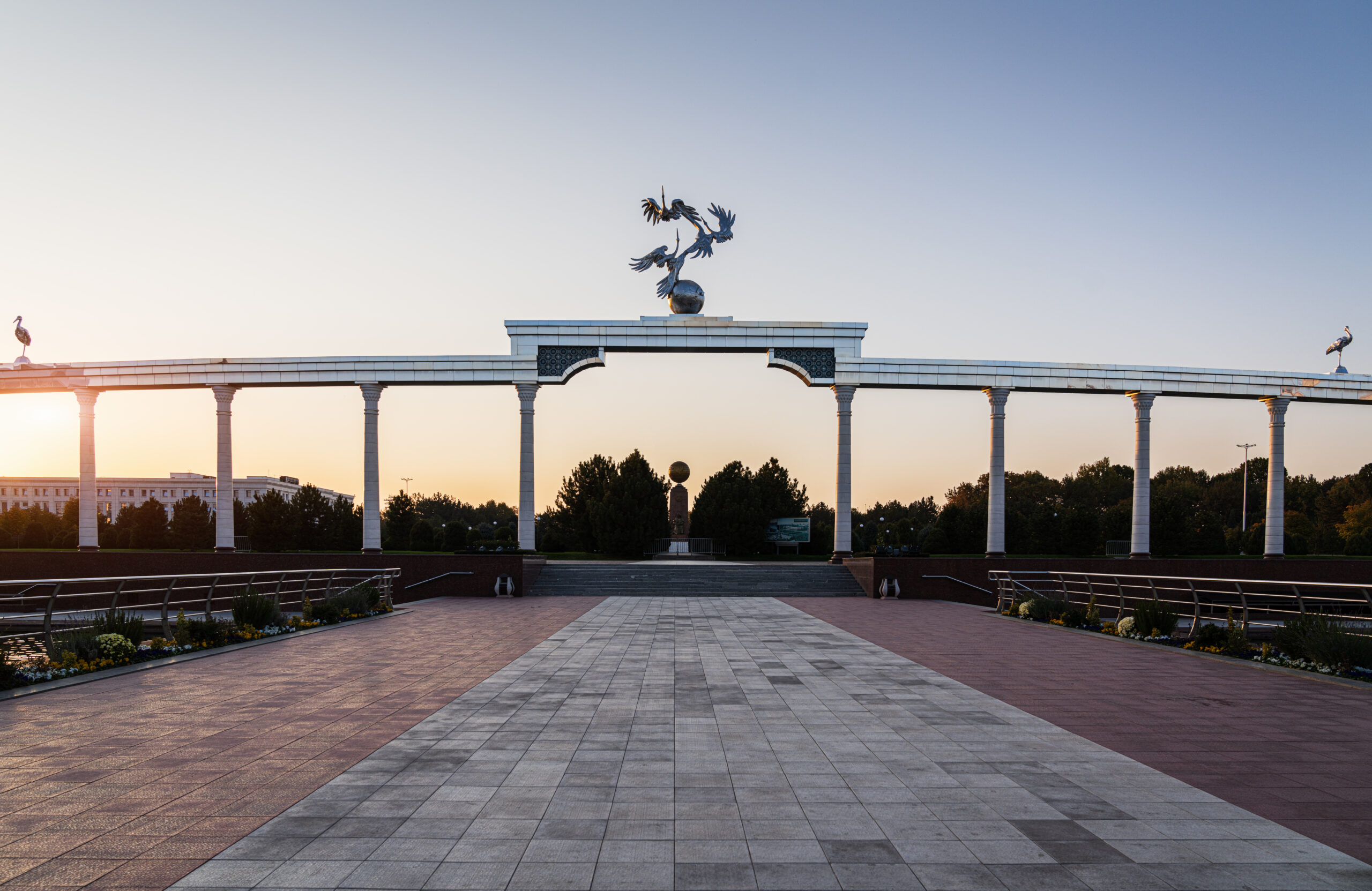
Uzbekistan’s economic challenges under President Mirziyoyev
For 25 years after independence in 1991, Uzbekistan was ruled by the former First Secretary of the Uzbek Soviet Republic, Islam Karimov. Karimov’s rule was characterized by ruthless political leadership and gradual economic reform. While some commentators lauded the economic achievements under Karimov, a more common view was that the economy had underperformed in improving…
/
-
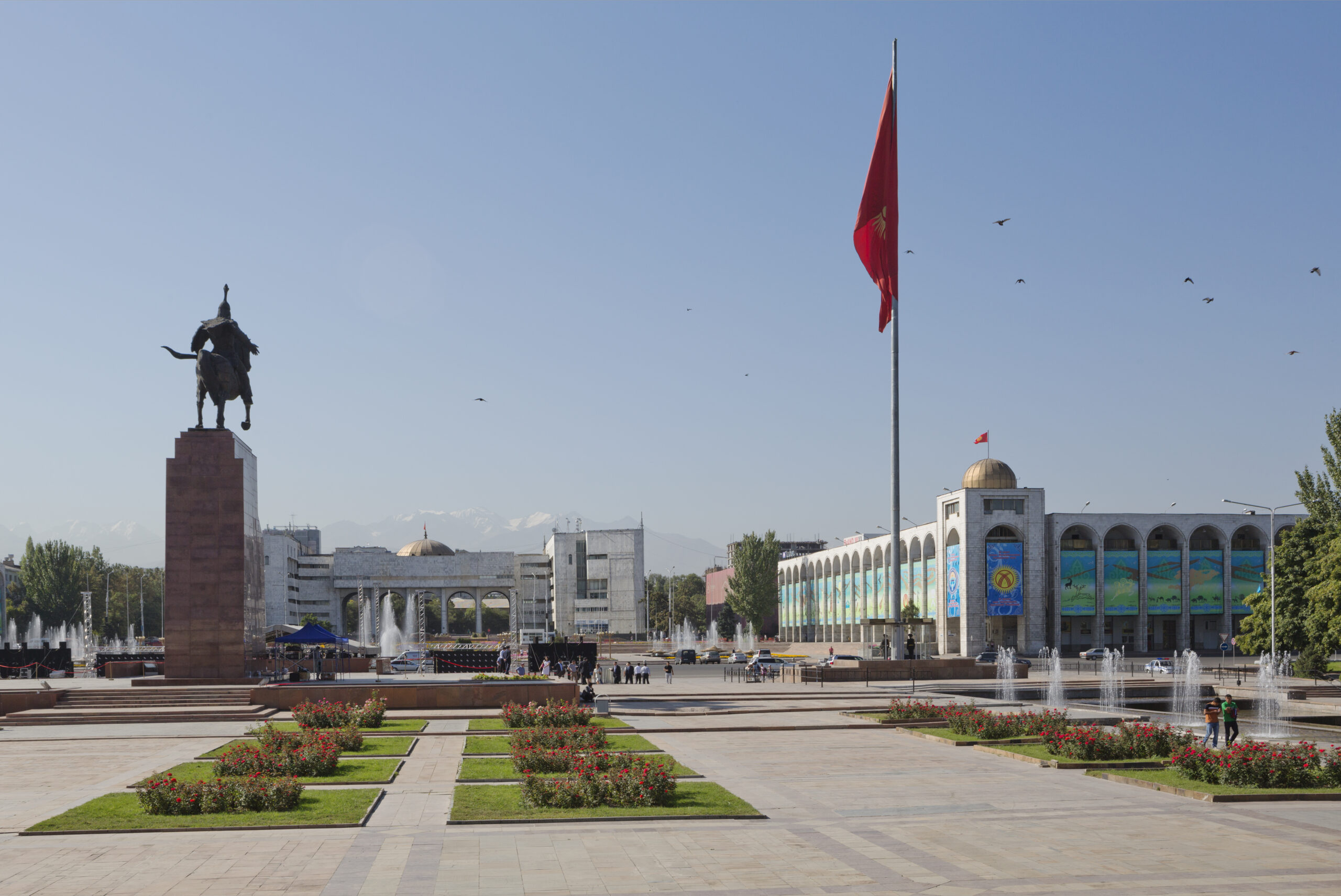
Third restart? Kyrgyzstan’s latest ‘revolution’
Protesting parties were a diverse crowd, from the liberal Reforma, to the market-liberal BirBol, the liberal-socialist Ata-Meken, the conservative Mekenchil, the radical Chon Kazat, the religious Yiman Nuru, and others in between. The ideological leanings of Kyrgyz political parties tend to be mostly declarative and matters of convenience than of conviction, but still, their general…
/
-
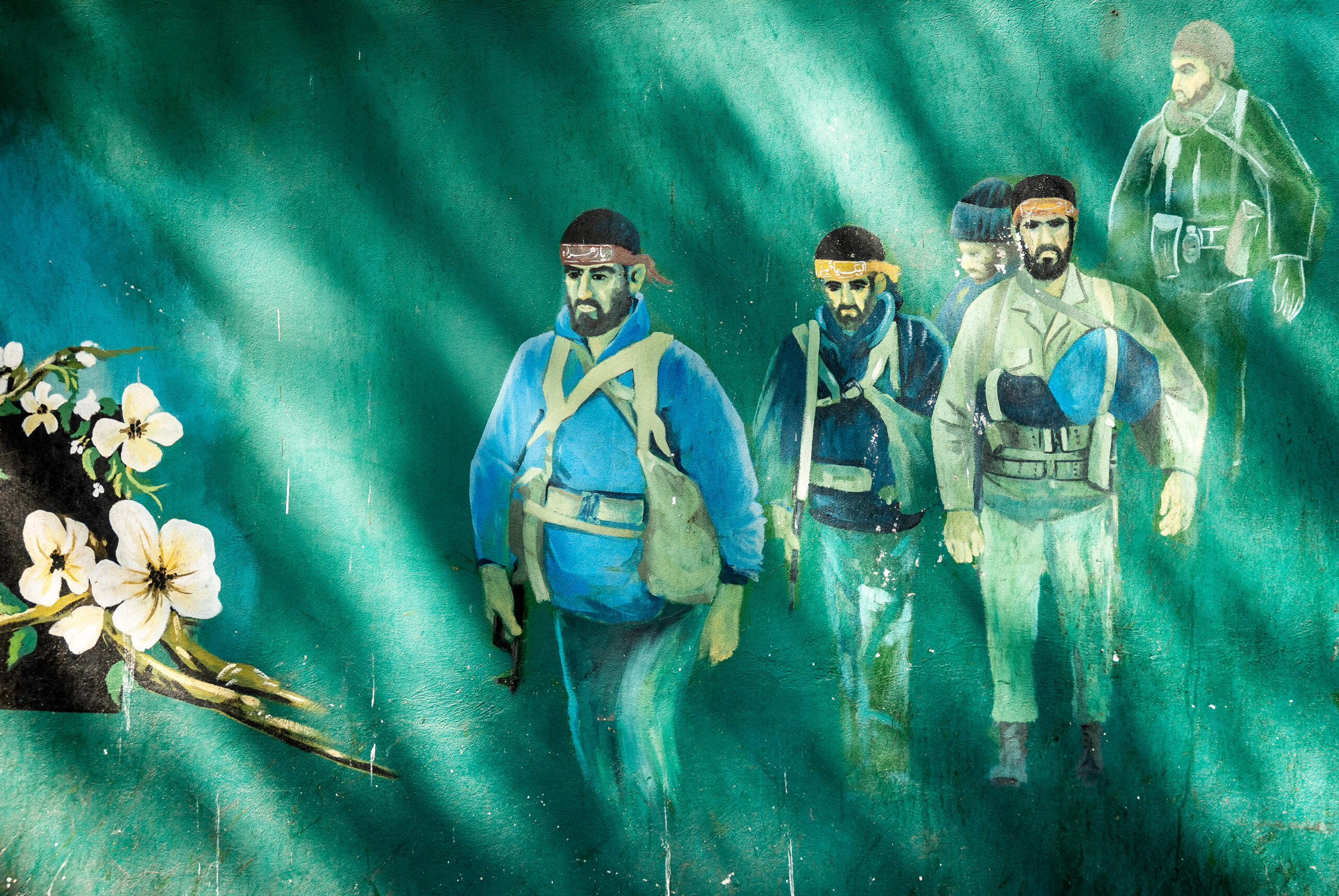
Iran in a Shifting US Foreign Policy
Following Biden’s election as President of the United States, many officials who served under the Obama administration returned to senior positions. With them, they brought familiar approaches to the same pressing issues which continue to plague the Middle East. Iran sees this as a golden opportunity for rapprochement with the U.S, but on its own…
/
-
Central Asia and the Conflict in Ukraine: Russia-Friendly Neutrality
By
|
|
Since the onset of the war in Ukraine in February 2022, the Central Asian countries of Kazakhstan, Kyrgyzstan, Tajikistan, Turkmenistan and Uzbekistan have adopted a neutral stance towards the conflict.…
-
Political fragmentation and slow diplomacy: Yemen’s long road to peace?
By
|
|
In April this year, the Omani-mediated peace talks between Yemen’s Iran-backed Houthis and Saudi Arabia marked a hopeful move towards finally ending the proxy war in Yemen. This was an…
-
Taliban’s Water Claims Ignite Tensions with Neighbours
By
|
|
When the Taliban returned to power in Afghanistan in August 2021, it raised concerns in neighbouring countries about their own security. The governments in most of the Central Asian countries,…
-
Indigenous – Palestinian solidarity networks challenging settler colonialism in Australia
By
|
|
Increasingly networks are forming between Indigenous and Palestinian groups through a shared experience of colonisation. In recent years, there has been a shift at the grassroots level in Australia in…
-
Egypt COP 27: Projecting freedom and openness against a record of repression
By
|
|
In November, Egypt’s Red Sea resort town of Sharm el Sheikh will be hosting the 27th annual Climate Change Conference of the Parties. When it does, if the glossy promotional…
-
Artificial Labour Markets in the Gulf
By
|
|
Recent Al advancements have dominated news headlines as the world debates how to integrate artificial intelligence into our lives and workplaces. Within the Middle East, these debates are particularly prominent…
-
China’s Growing Role in Middle East Diplomacy: Navigating Regional Tensions
By
|
|
China has historically pursued a restrained and economically focused presence in the Middle East, steering clear of direct involvement in conflicts and refraining from taking positions on contentious disputes. In…
-
Behind the Pitch: How the UEFA Champions League Final Reflects Sino-Arab Geopolitics
By
|
|
European club football’s season is set to culminate with the UEFA men’s Champions League final being staged in Istanbul, Manchester City of the English Premier League facing Italian Serie A team Internazionale…
-
Saudi Arabia, China, Red Sea Geopolitics & The 2030 World Cup
By
|
|
In March 2021, a container ship – the Ever Given – ran aground in Egypt’s Suez Canal following stormy weather. This caused a significant obstruction to one of the world’s…
-
Returning to traditional solutions in the face of climate challenges
By
|
|
The Middle East region is facing major challenges related to climate change, and Iraq is no exception. Despite being a historically water-rich country, Iraq faces demands from multiple directions for…

